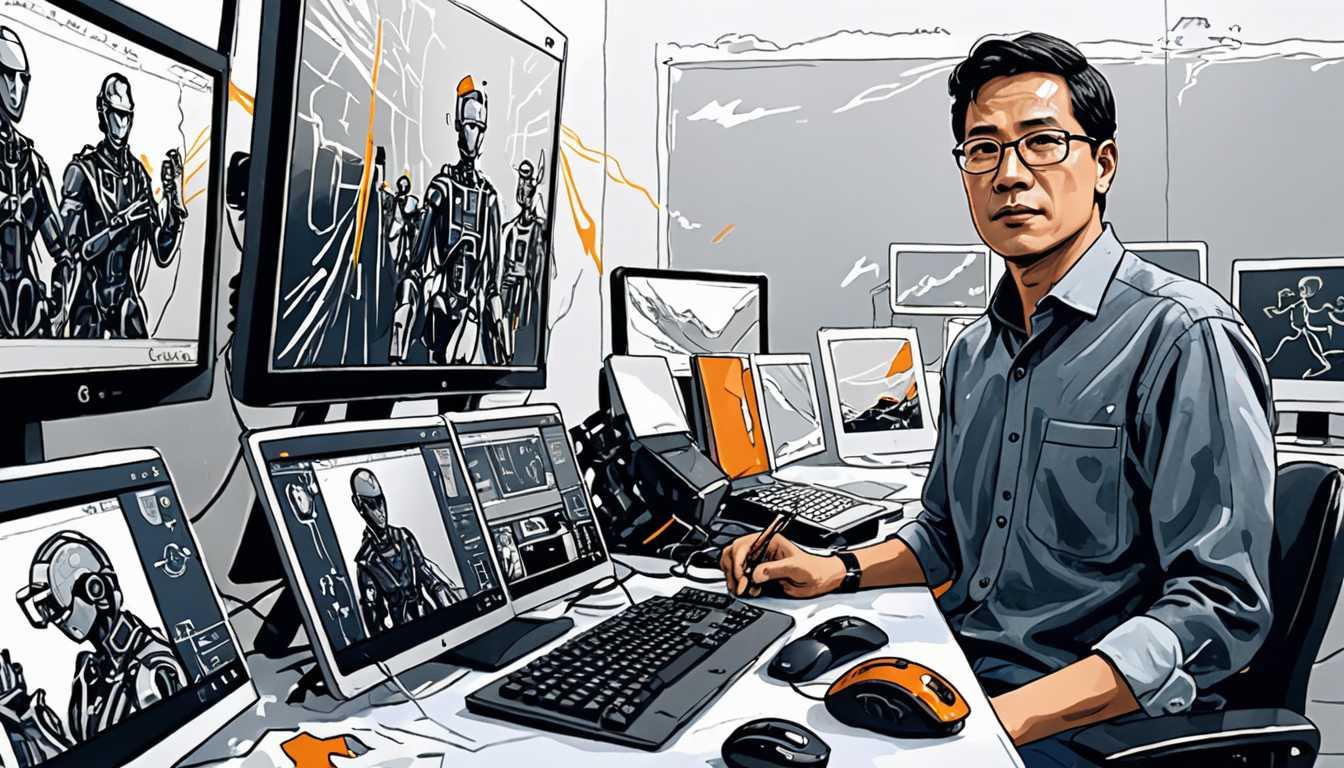Teetering on the Precipice: Humanity's Future
November 2020
The New Yorker
Introduction
Dive into Toby Ord's world in "How Close Is Humanity to the Edge?" featured in The New Yorker. Ord, a philosopher at Oxford, explores our future's existential risks, from pandemics to AI gone rogue. As COVID-19 turned his theoretical musings into reality, Ord's insights into humanity's potential to overcome or succumb to these threats are more relevant than ever. With a mix of personal anecdotes and professional analysis, this article isn't just a read; it's a wake-up call to the precipice we're teetering on. Will we step back or fall off?
READ FULL ARTICLEWhy It Matters
Discover how this topic shapes your world and future
On the Brink of Tomorrow
Imagine standing at the edge of a cliff, the ground crumbling beneath your feet. This is how Toby Ord, a philosopher, describes humanity's current situation in his book "The Precipice." We're at a critical point in history, facing existential risks that could either lead to our extinction or push us to achieve unprecedented greatness. From pandemics to artificial intelligence gone rogue, the threats are real and looming. But why should you, a bright student with a world of possibilities ahead, care? Because this is about your future, the world you'll inherit, and the role you could play in shaping it. The choices we make today will determine the legacy we leave for generations to come. This topic isn't just fascinating—it's essential, offering a lens through which to view our collective actions and their impact on the future of humanity.
Speak like a Scholar
Existential risk
The risk that an event will wipe out humanity's potential for future development.
Bio-risk
Biological threats to human survival, including pandemics caused by natural or engineered pathogens.
Differential technological development
The idea of prioritizing the development of technologies that reduce existential risks over those that could increase them.
Scope neglect
A cognitive bias that makes it hard to comprehend the scale of larger problems, leading to underestimation of their impact.
Effective altruism
A philosophy and social movement that uses evidence and reasoning to determine the most effective ways to benefit others.
Collective action
Actions taken together by a group of people to achieve a common goal, especially significant in addressing global challenges.
Independent Research Ideas
The psychology of existential risk perception
Investigate how humans comprehend and react to large-scale threats, and the role of cognitive biases in our responses. This study could reveal why we often fail to act on existential risks.
Bio-risk management and global health policies
Explore how international policies address biological threats and the effectiveness of global cooperation in preventing pandemics. This could lead to insights on improving global health security.
Artificial intelligence ethics
Delve into the ethical considerations of developing AI that aligns with human values, focusing on the balance between innovation and safety. This research could contribute to guidelines for ethical AI development.
The role of effective altruism in addressing global challenges
Examine how the principles of effective altruism can be applied to existential risks, potentially identifying more efficient ways to use resources for the greater good.
Cultural responses to existential threats
Study how different cultures perceive and respond to the concept of existential risk, including the impact of cultural narratives on collective action. This could uncover new strategies for global risk communication.
Related Articles

AI Transforms Drug Discovery Speed
June 2023
Massachusetts Institute of Technology (MIT)

Tech Revolution: Saving the NHS
January 2023
BBC

Mind Talks: Decoding Thoughts into Text
May 2023
Smithsonian Magazine

AI: The Future of Faster Cancer Care
June 2023
University of Cambridge

AI: The New Detective in Alzheimer’s Battle
March 2023
Harvard University